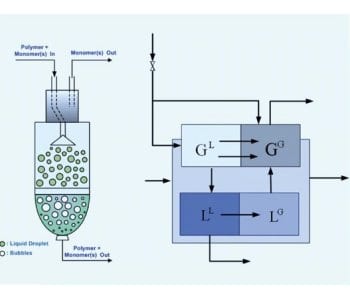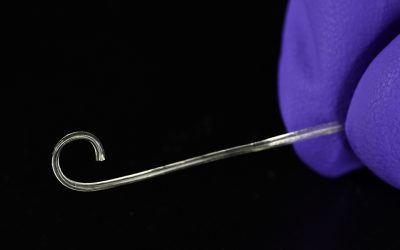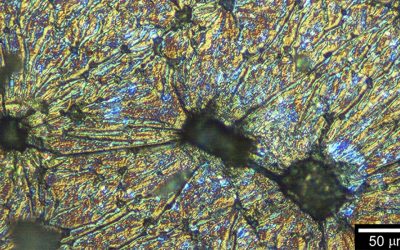 Mathematical tools and modeling approaches are of fundamental importance for the development of polymer reaction technology. The field goes back to W.H. Carothers (especially for condensation reactions), Nobel laureate J. P. Flory (especially for understanding of chain size distributions and polymer solutions) and W. D. J. Harkins, W. V. Smith and R. H. Ewart (for the complex emulsion polymerization problem).
Mathematical tools and modeling approaches are of fundamental importance for the development of polymer reaction technology. The field goes back to W.H. Carothers (especially for condensation reactions), Nobel laureate J. P. Flory (especially for understanding of chain size distributions and polymer solutions) and W. D. J. Harkins, W. V. Smith and R. H. Ewart (for the complex emulsion polymerization problem).
Today mathematical modeling and numerical tools are needed and widely used for the implementation of advanced monitoring and control schemes in both polymer laboratories and real industrial sites. The very fast evolution of computer resources has made possible the implementation of detailed models and intricate numerical procedures that allow for the detailed calculation of aspects of the reaction environment and of the evolving macromolecular structure that could not be imagined few years ago.
Entitled “Mathematical Tools and Approaches for Polymerization Reaction Engineering”, the recent special issue of Macromolecular Reaction Engineering was guest-edited by José Carlos Pinto (Universidade Federal do Rio de Janeiro).
The issue presents contributions by the leading experts in the field, covering the use of modeling and numerical tools in polymerization processes for different purposes and based on distinct techniques – including, among other, the design of operation policies in a tubular reaction process, the use of instantaneous distributions to model the final microstructures of the obtained polymer products, or the use of process models for optimization of process performance when conflicting objectives are pursued.
Read here for free the full introductory Essay by José Carlos Pinto:
“Mathematical Tools and Approaches for Polymerization Reaction Engineering“

















